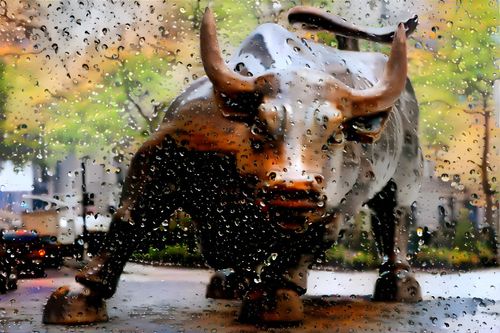After a 20% bitcoin price surge on the news of a series of Bitcoin spot ETF applications from TradFi investment giants from Blackrock to Valkyrie, Bitcoin and crypto market sentiment has shifted dramatically from fear and denial to greed (65 points by the Fear and Greed Index) and near euphoric expectations.
Cameron Winklevoss, a co-founder of the crypto exchange Gemini, already calls it "The Great Accumulation" of bitcoin. Anthony Pompliano – entrepreneur, investor, and crypto influencer – appears to share this view, among many others.
https://twitter.com/APompliano/status/1671562331338293250
It should be noted that this resurgence is occurring in the face of an "extremely inelastic" BTC supply. As @APompliano mentioned in an interview with CNBC, 68% of BTC's circulating supply has not moved in the last year.
“When you have a fixed supply asset that’s highly illiquid and a bunch of demand comes into the market, the price has to go up,” — from the Pompliano interview.
MicroStrategy Executive Michael Saylor suggested on Twitter that retail investors may soon be pushed aside by increasing institutional demand. And many prominent industry analysts reportedly agreed with him in that the SEC’s crackdown on exchanges such as Binance, Coinbase, and Kraken is part of a broader move to wrest control of crypto for Wall Street.
This sentiment is affirmed in terms of both fundamental on-chain analysis and TA. According to the recent Glassnode report, the "market has likely moved beyond a bottom formation phase, and recovery is well underway in spite of occasional price fluctuations." Some also note the MACD, "a vital tool for traders," turned green on Monthly first time in about two years (the month isn't over yet, though).
But seriously, what about the macro environment — with inflation, hawkish SEC, recession ahead, a regulative crackdown on crypto, and so on? Is it even the right time for such optimism?
Actually, it well may be inflation won't be so "sticky" in the coming months, reducing the urgency for the SEC to raise that rate. Whereas a recession threat is a clear reason for the fiat system to use "quantitative easing" as its key tool to stimulate the economy and counteract the effects of a downturn.

